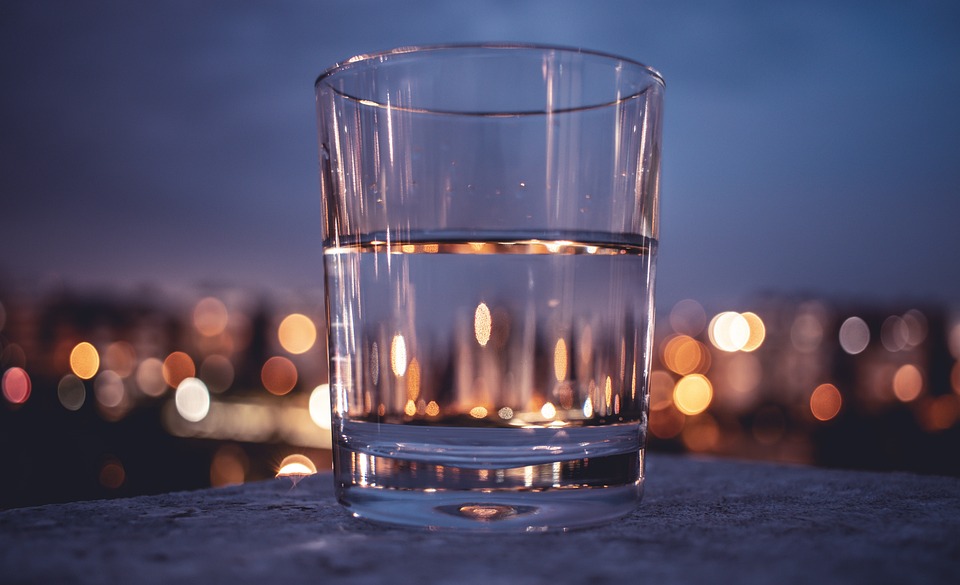The Importance of Hydration While Traveling
Traveling can be an exciting adventure, but it can also take a toll on our bodies. Whether you’re exploring a new city, hiking through mountains, or lounging on a beach, staying hydrated is crucial to ensure your health and well-being. In this article, we will discuss hydration hacks that will help you quench your thirst while traveling.
Tips for Staying Hydrated
Proper hydration is the key to maintaining energy levels, boosting brain function, and preventing heat-related illnesses while on the go. Here are some effective ways to stay hydrated during your travels:
1. Carry a Reusable Water Bottle
Investing in a high-quality reusable water bottle is essential. Choose a bottle made of stainless steel or BPA-free plastic to avoid any potential harmful chemicals. Carrying a water bottle with you allows easy access to water throughout the day, saving you money and reducing plastic waste.
2. Set Hydration Reminders
Amid the excitement of exploring new places, it’s easy to forget to drink water regularly. Setting reminders on your phone can help you stay on top of your hydration game. Create alerts at regular intervals to ensure you drink water consistently.
3. Opt for Water-Rich Foods
While hydrating drinks are crucial, consuming water-rich foods can also contribute to your overall hydration. Foods like watermelon, cucumber, lettuce, and oranges are not only refreshing but also help keep you hydrated. Make sure to include such foods in your meals or as snacks throughout the day.
4. Avoid Excessive Alcohol and Caffeine
While indulging in a cocktail or a cup of coffee can be tempting while traveling, it’s important to remember that excessive alcohol and caffeine consumption can dehydrate your body. If you’re going to enjoy such beverages, make sure to balance them with a sufficient intake of water.
5. Take Advantage of Water Fountains and Refill Stations
When exploring new destinations, look out for water fountains and refill stations available in parks, museums, airports, and other public spaces. Refilling your water bottle at these stations is not only convenient but also saves you money and reduces plastic waste.
6. Pack Electrolyte Supplements
Electrolyte supplements can be helpful during long journeys or intense physical activities, especially in hot climates. These supplements help replenish the essential minerals lost through sweat and aid in keeping your body hydrated. Make sure to consult with a healthcare professional before incorporating them into your routine.
7. Monitor Your Urine
One of the easiest ways to check whether you are adequately hydrated is to monitor the color of your urine. Pale yellow or clear urine indicates proper hydration, while dark yellow urine suggests dehydration. Keep a close eye on your urine color, especially during hot and strenuous activities.
FAQs
Q: How much water should I drink while traveling?
A: The recommended daily water intake varies depending on factors such as activity level, climate, and overall health. However, it is generally advised to drink at least eight 8-ounce glasses of water per day. In hot climates or during strenuous activities, your water intake should be increased.
Q: Are sports drinks a good option for hydration while traveling?
A: While sports drinks can provide necessary electrolytes during intense activities or prolonged exposure to heat, they are not always the best choice for daily hydration. Water is usually sufficient for staying hydrated during regular travel activities. Save sports drinks for when you require extra hydration support due to excessive sweating and mineral loss.
Q: Can I rely on other beverages like juice or soda to stay hydrated?
A: Fruit juices and soda may provide some hydration, but they often contain high levels of sugar, which can have negative effects on your health. Additionally, caffeine in soda and certain juices can act as a diuretic, contributing to dehydration. It’s best to prioritize water and natural, unsweetened beverages for optimal hydration.
Q: Are there any signs or symptoms of dehydration that I should be aware of?
A: Yes, some common signs of dehydration include increased thirst, dry mouth, fatigue, dizziness, headaches, and dark urine. If you experience any of these symptoms while traveling, it’s essential to drink water immediately and find a cool, shaded spot to rest.
Q: How can I ensure I stay hydrated while flying?
A: Air travel can be dehydrating due to the low humidity levels in the cabin. To stay hydrated while flying, drink plenty of water before, during, and after your flight. Avoid excessive consumption of alcohol or caffeine, as they can worsen dehydration. Also, consider using a moisturizing spray or lotion to combat dry skin.
By following these hydration hacks, you can ensure a healthier and more enjoyable travel experience. Remember, staying hydrated is not only vital for your physical well-being but also for your mental clarity and overall comfort. Cheers to a well-hydrated journey!

